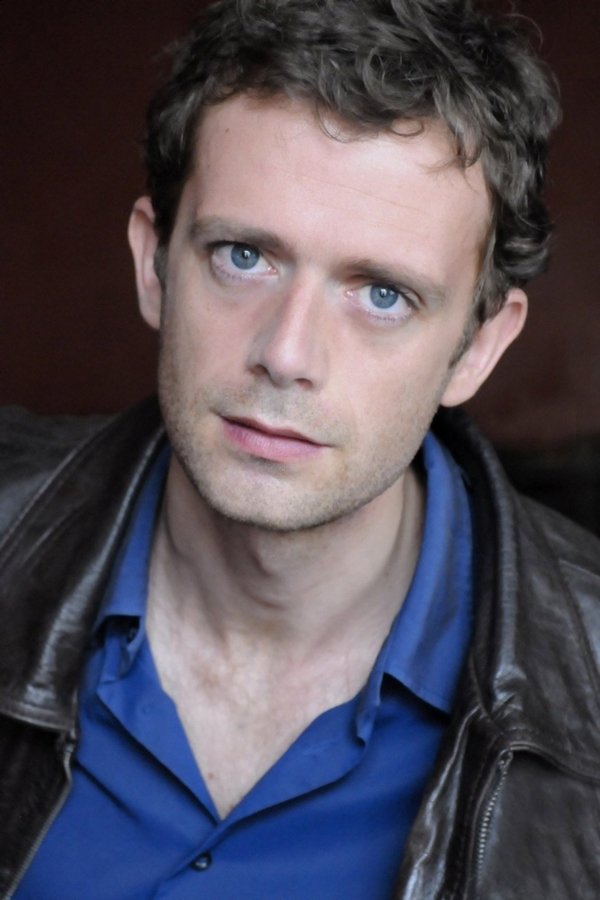
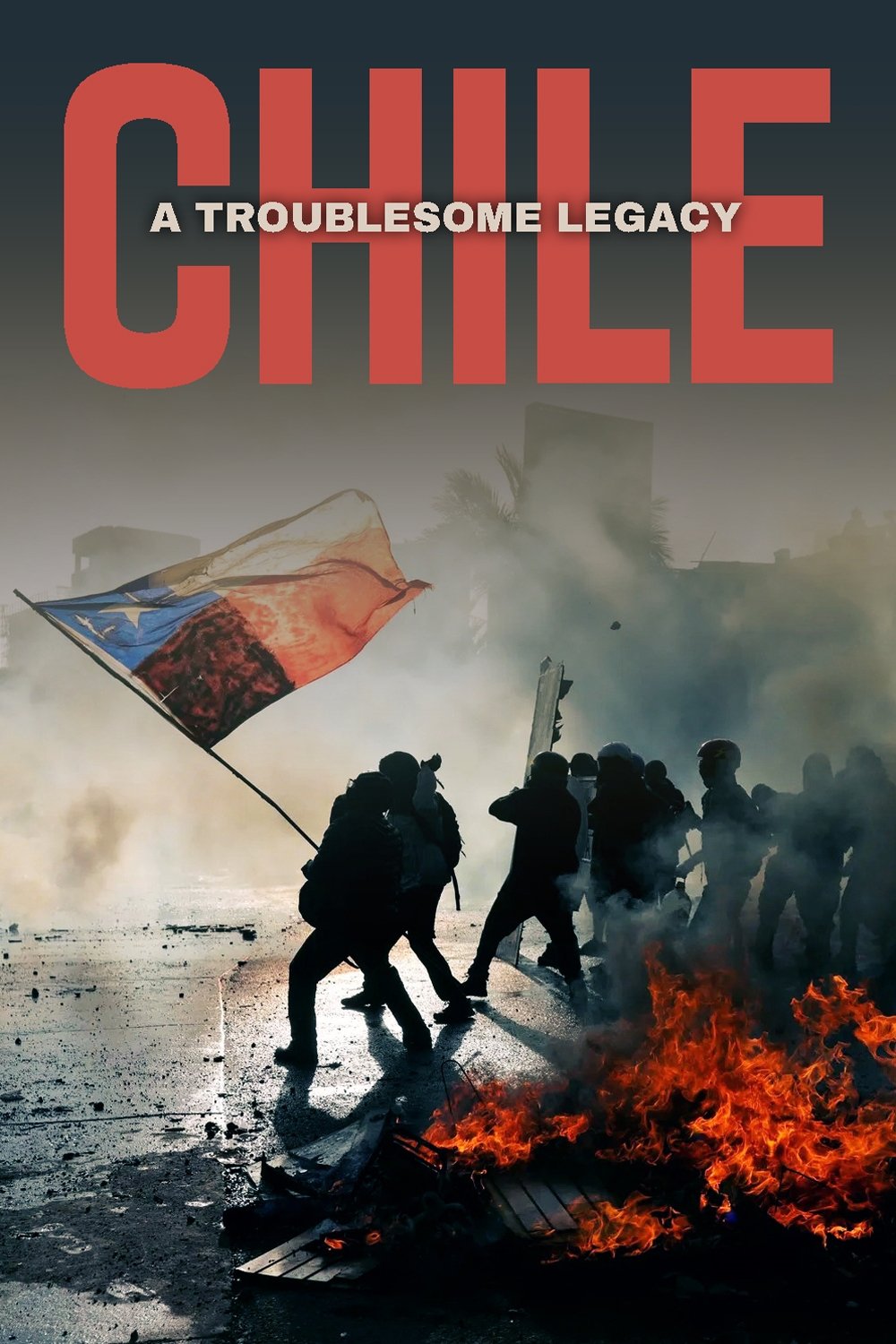
The rejection of the project for a new, more socially just constitution by the Chilean people in 2022 has reignited the conflicts that have plagued the country for five decades. On September 11, 1973, in a bloody military coup, General Pinochet ended the socialist revolution launched by President Salvador Allende, legitimately elected in a democratic election. The subsequent dictatorial regime with fascist features brought great violence and terror to the Chilean people. The accompanying neo-liberal economic system, which made the country one of the richest in the region, led to an ever-widening social gap in society, which in turn fell into a kind of passivity. In 2019, long after the dictator was voted out of office and the democratization that followed, a new social movement is shaking the prevailing order. From Allende's socialism to Pinochet's fascism, this historical fresco in documentary form returns to the origins of the rupture.
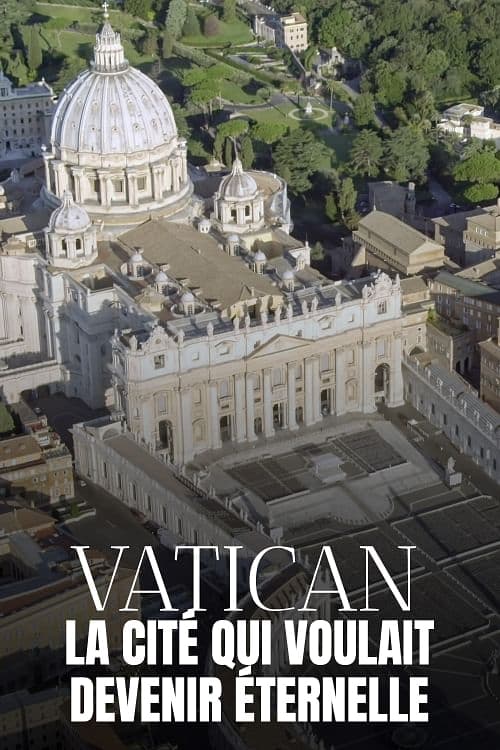
What started as a simple tomb became over a 2,000 years history the universal seat of Christendom and is today one of the most visited museum in the world with invaluable collections of Arts, Manuscripts, Maps. Using spectacular 3D modelisation and CGI to give viewers as never before a true understanding of the history of this architectural masterpiece and its extensions, the film will also use animation to tell relevant historical events. This heritage site reveals new untold secrets with the help of historians deciphering the Vatican’s rich archives and manuscripts collection and following the restorations at work (newly discovered frescoes by Raphael) and recent excavations. A story where Religion, Politics, Arts and Science meet to assert religious authority and serve as a spiritual benchmark.
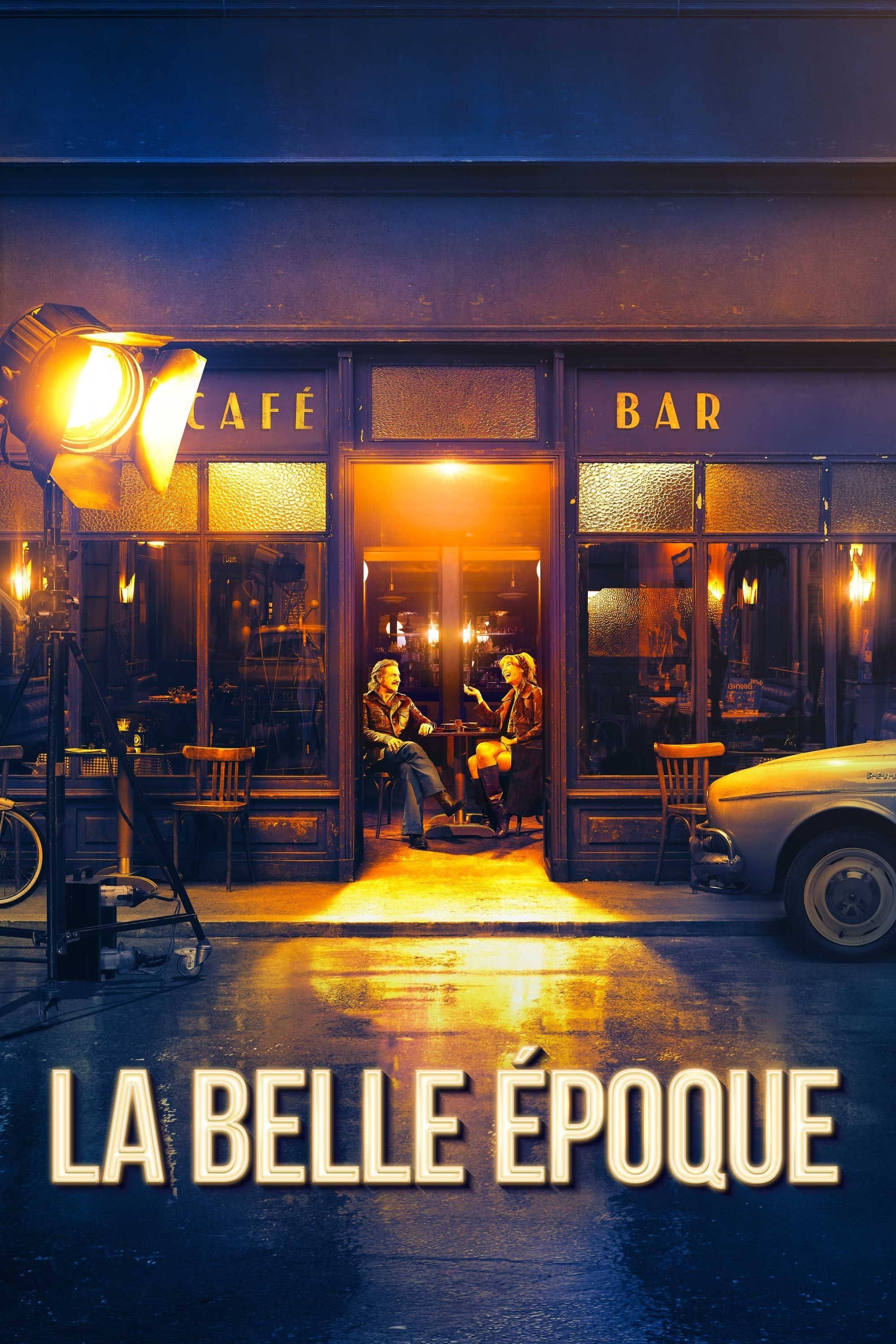
Victor, a disillusioned 60-something whose marriage is on the rocks, opts to relive the week of his life when, 40 years earlier, he met his true love through a company that allows customers to return to the time period of their choosing.
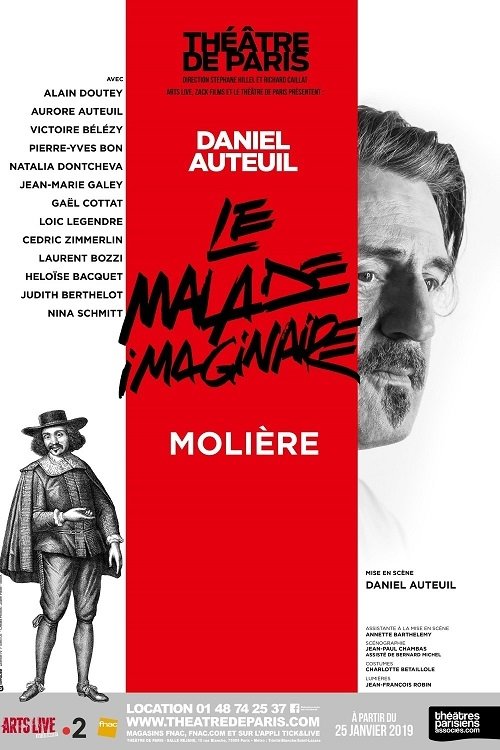
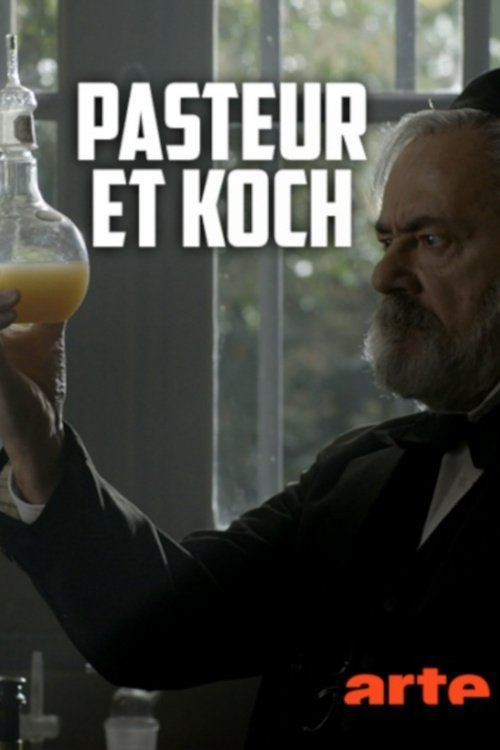
Louis Pasteur and Robert Koch: great scientists, national icons, opponents in the service of research. One is a Frenchman and chemist and is already in the second half of his life. He is honored worldwide with numerous prizes for his discovery of the rabies vaccine. The other was a still unknown German country doctor in his 30s, whose discovery of the tuberculosis bacillus was later awarded the Nobel Prize for Medicine. From 1881, the two were bitter rivals. Their 20-year rivalry resulted in spectacular progress in the fight against deadly epidemics.
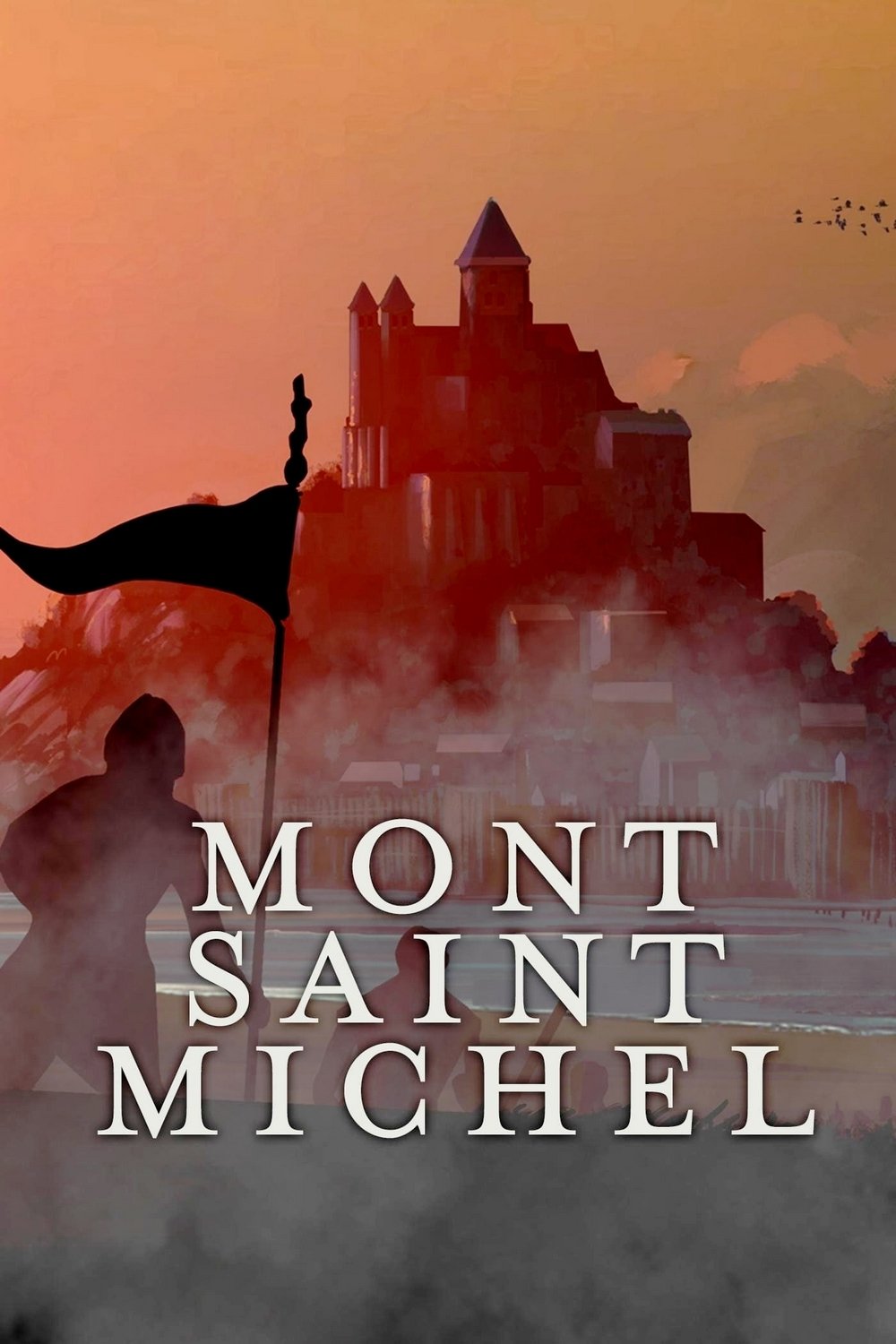
Over the centuries, Mont Saint-Michel, an extraordinary island located in the delta of the Couesnon River, in Normandy, France, a place floating between the sea and the sky, has been a sanctuary, an abbey, a fortress and a prison. But how was this architectural wonder built?
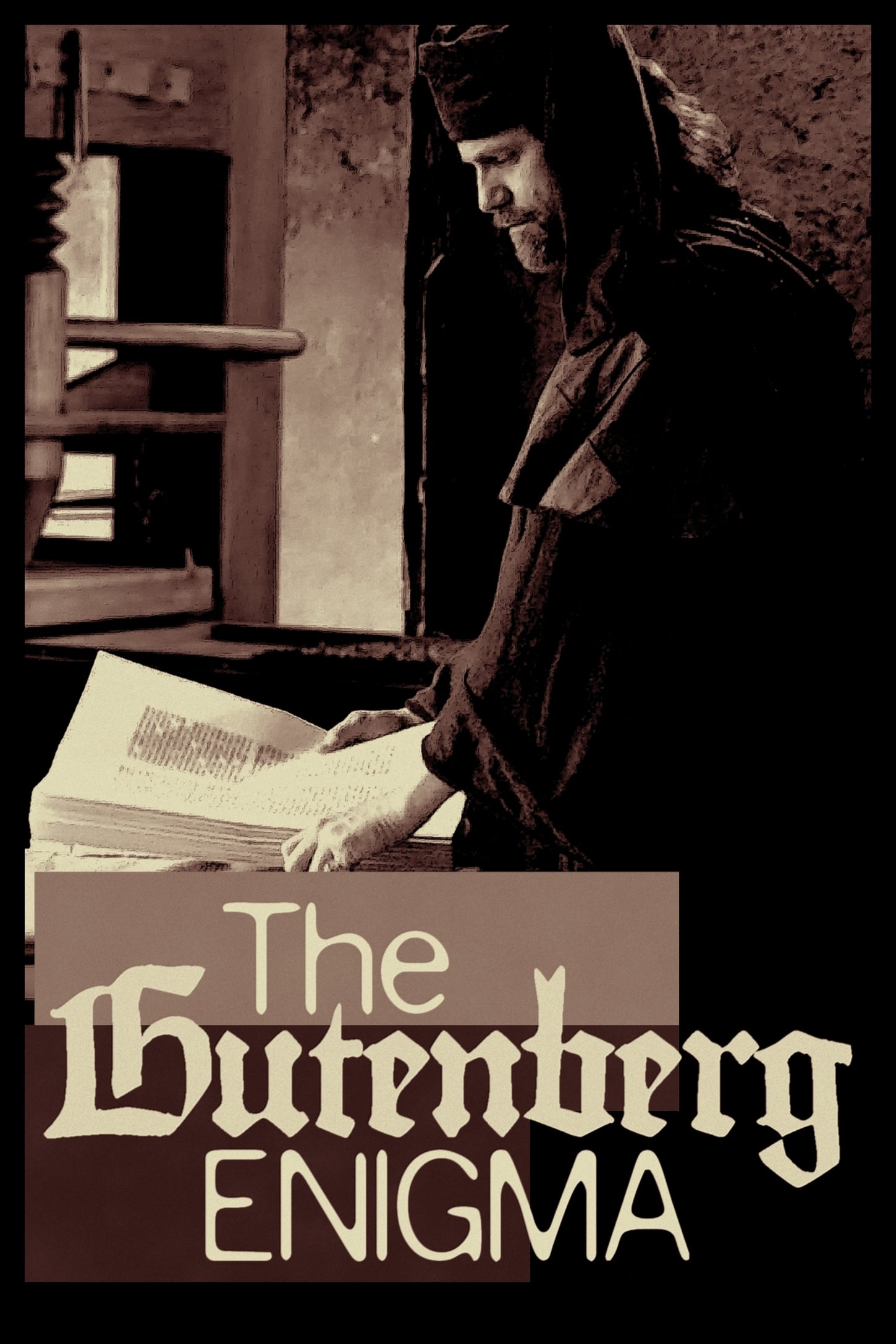
A portrait of the inventor of the letterpress, who was a key figure in the history of mankind, but also an enthusiastic inventor, a daring businessman, a tenacious troublemaker: the life of Johannes Gutenberg (circa 1400-68).
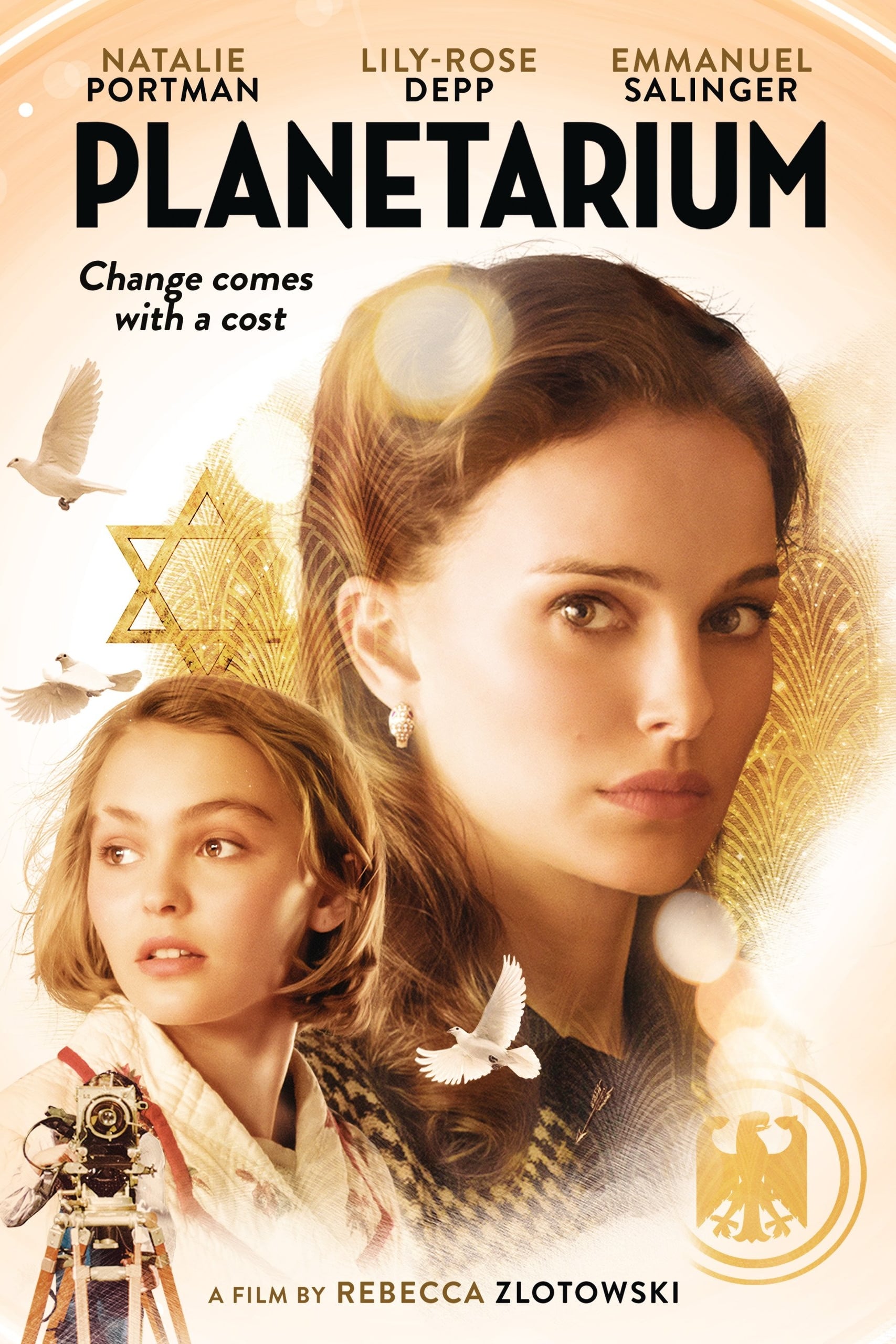
In 1930s France, two sisters who are thought to be able to communicate with ghosts meet a visionary producer while performing in Paris.
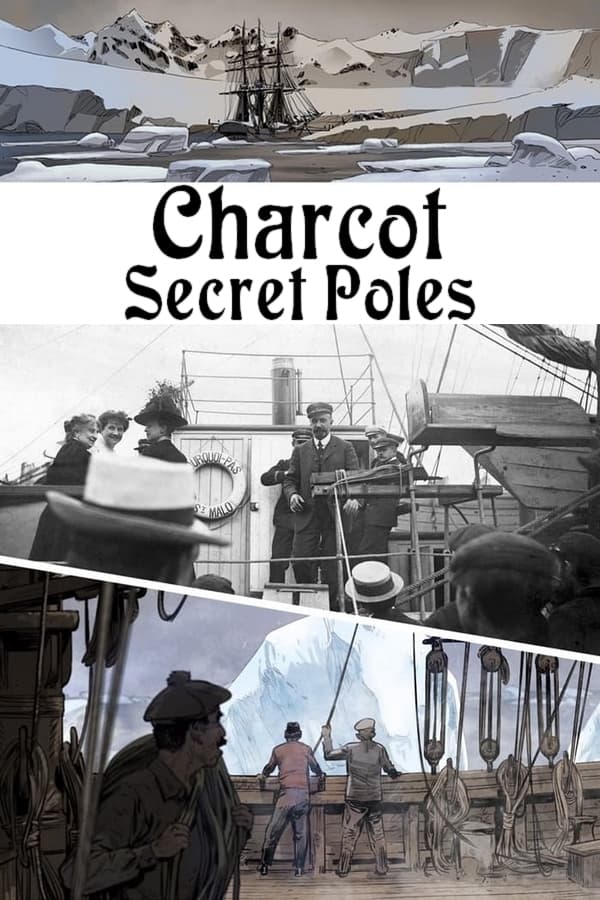
The adventures and exploits of Jean-Baptiste Charcot (1867-1936), an intrepid scientist and explorer who laid the foundations of modern oceanography.
By browsing this website, you accept our cookies policy.